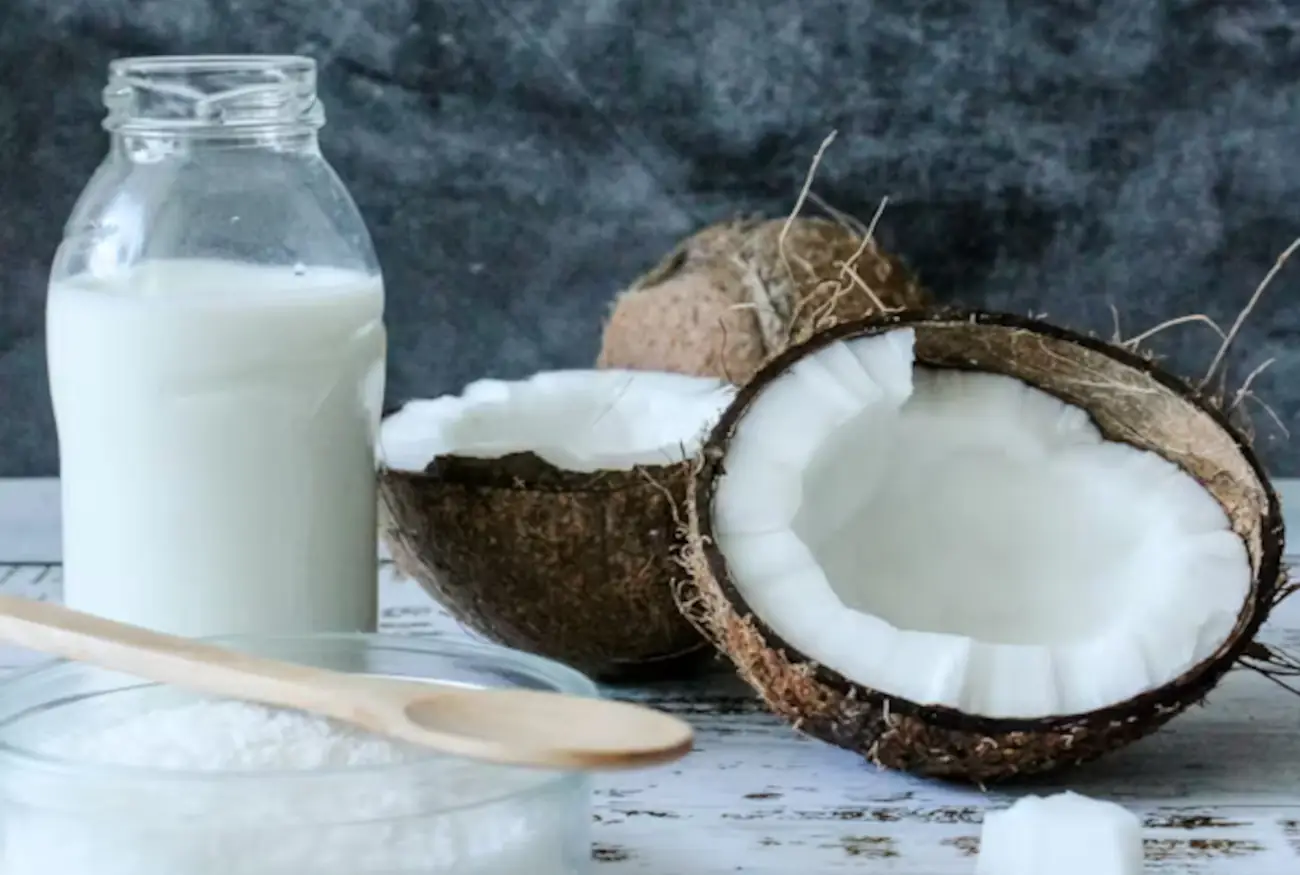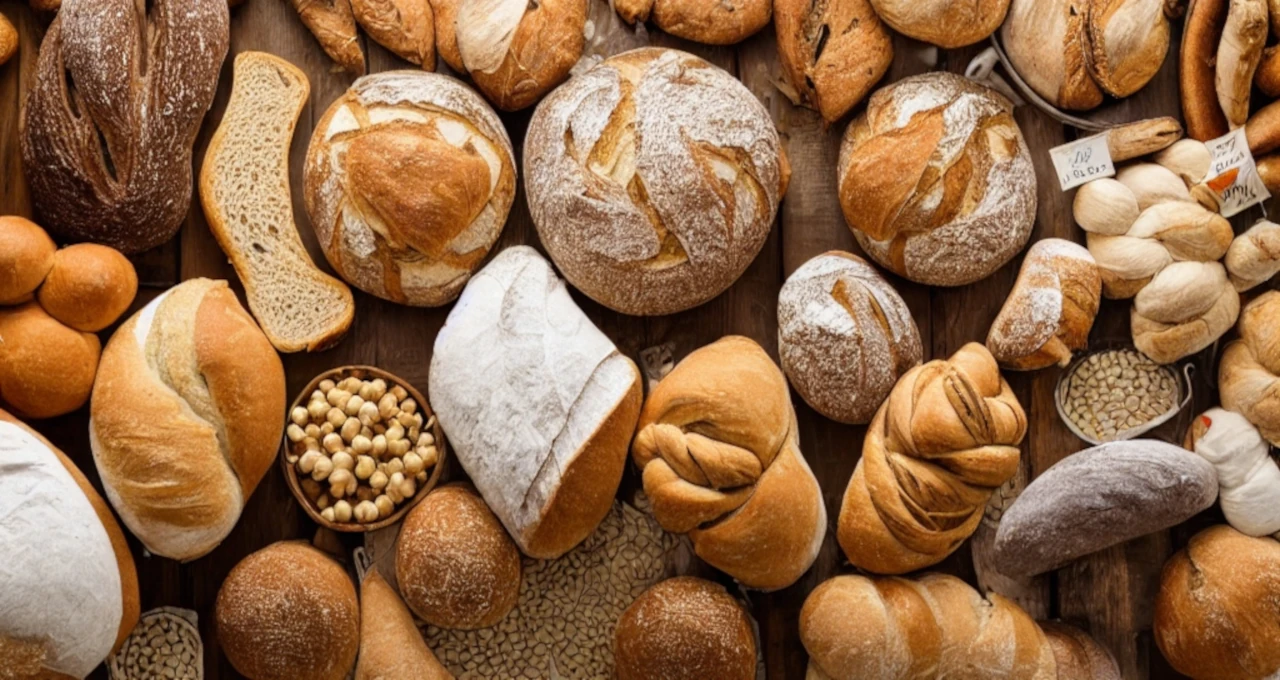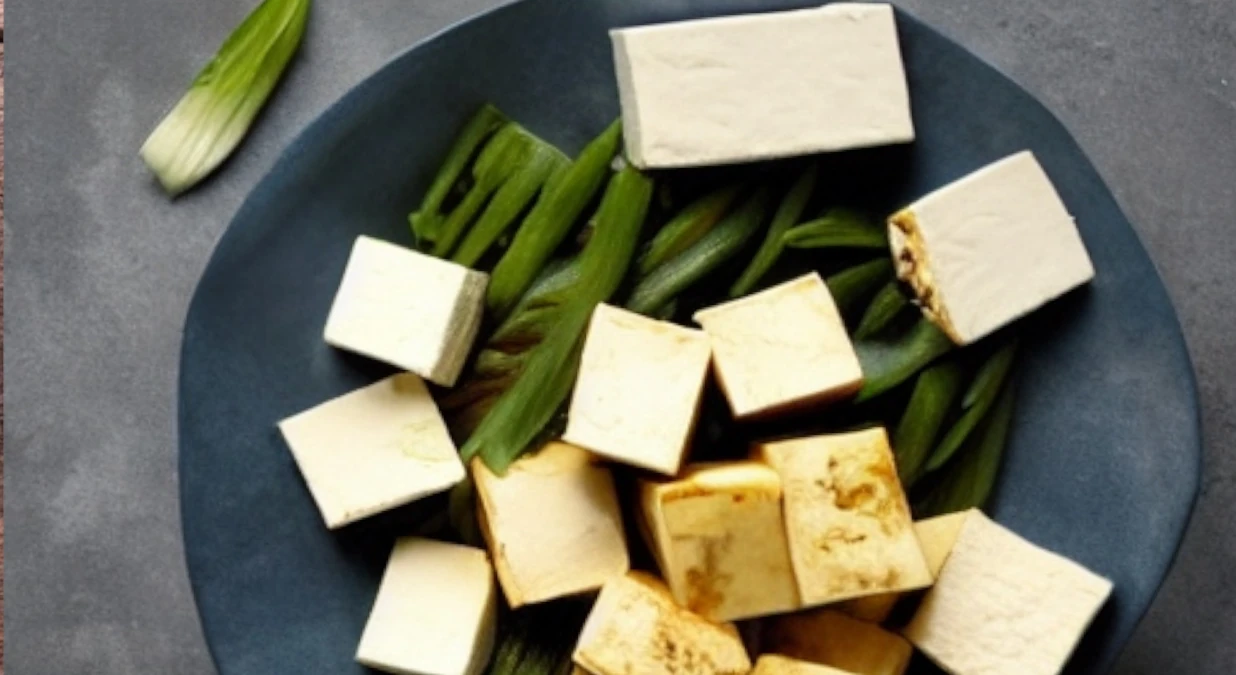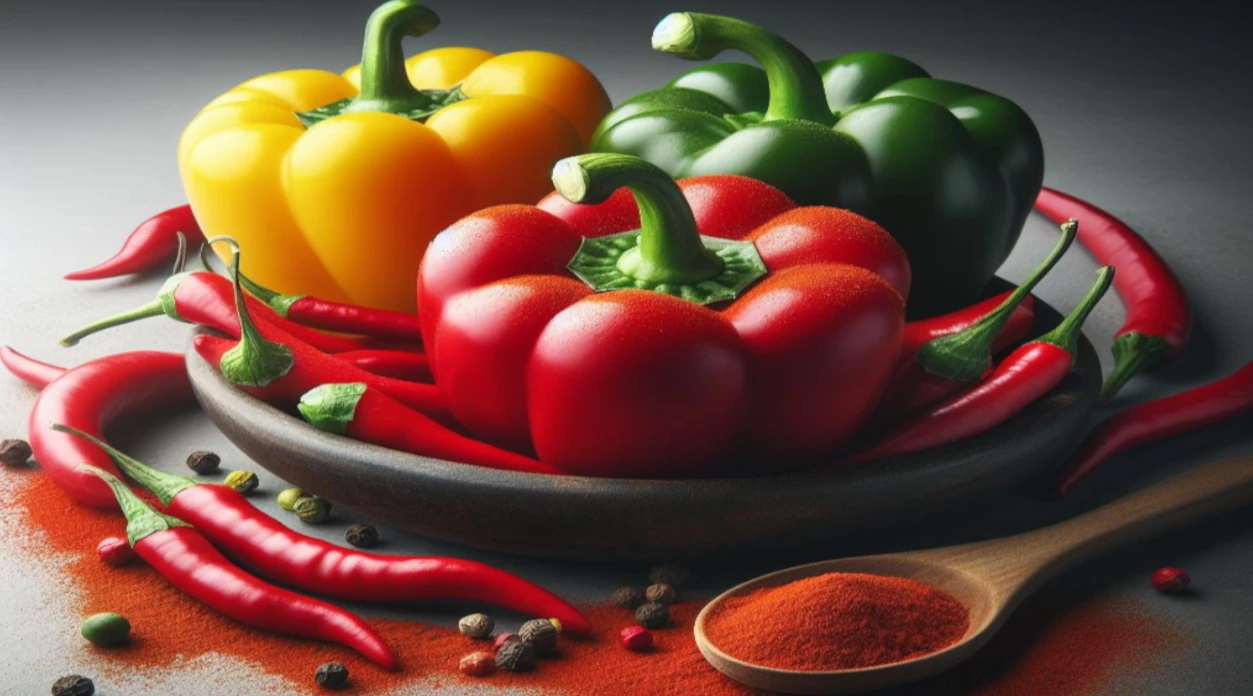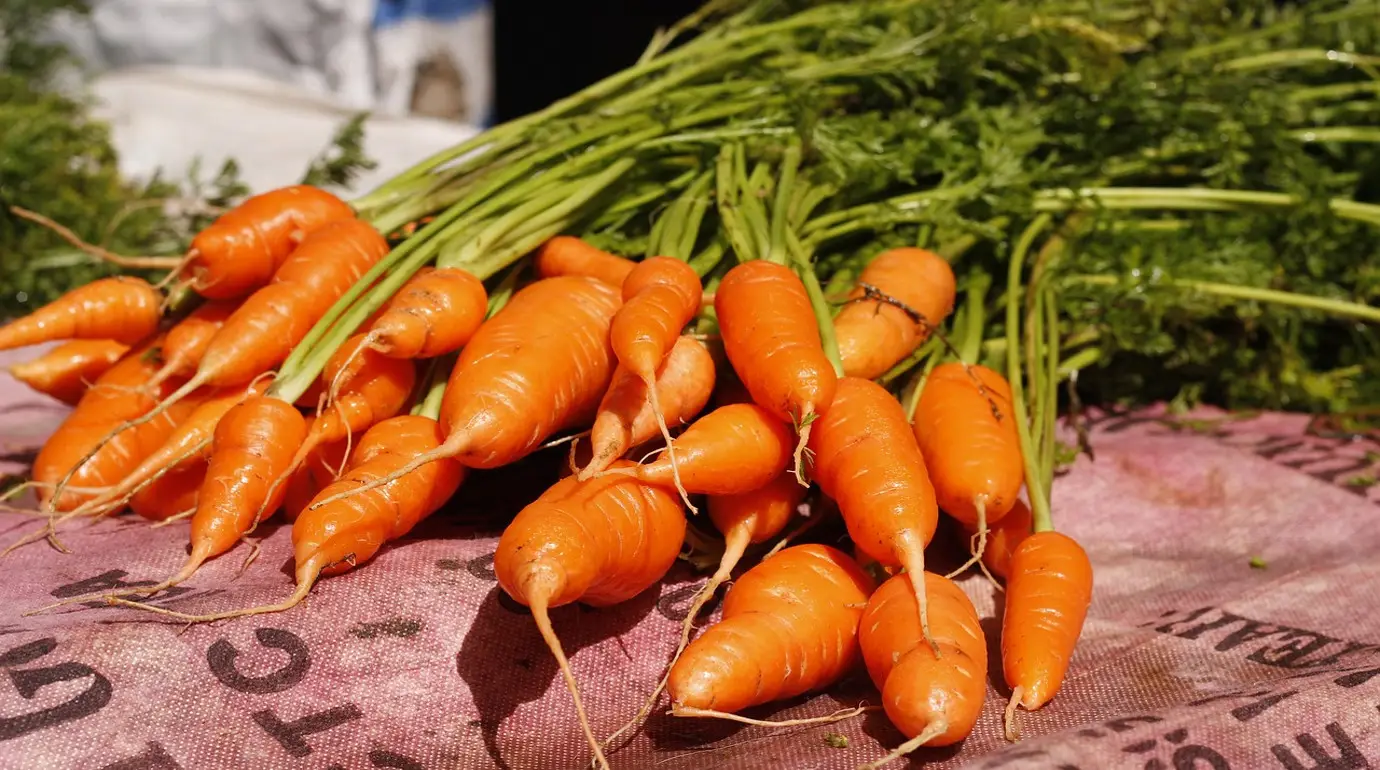Pitaya (Dragon Fruit) Lysine and Arginine Info Sheet
Overview
Pitaya, also known as dragon fruit, is a tropical fruit known for its vibrant colored skin and sweet, seed-speckled pulp.Dragon fruits come in different varieties and colors such as red, purple, white and grey.
Dragon fruit is rich in fiber, vitamin C, and antioxidants. It’s also low in calories, making it a healthy addition to your diet.
| Name | Lysine (mg/100g) | Arginine (mg/100g) | Ratio |
|---|---|---|---|
| Pitaya (Dragon Fruit) | 72.8mg | 149mg | 0.49 |
Pitaya (Dragon Fruit) contains 72.8mg of Lysine and 149mg of Arginine per 100g of product.
This means Pitaya (Dragon Fruit) has a low Lysine-Arginine ratio of 0.49.
Because Pitaya (Dragon Fruit) contains much higher levels of arginine than lysine, limiting its consumption is recommended by people who suffer from herpes, as it may trigger outbreaks.
Lysine Considerations
Red pitaya, with purple/reddish pulp and pink skin, contains 72.8mg of lysine per 100g.
Lysine is an essential amino acid that supports protein synthesis, collagen formation, and immune function.
Lysine can help prevent or treat cold sores, which are blisters caused by the virus HSV-1, also known as herpes.
Lysine works by blocking the growth of HSV-1, which needs another amino acid called arginine to multiply and infect cells.
Lysine can only be obtained through diet, and can be found in different high-protein foods like milk and cheese, fish, eggs, meat and poultry.
Arginine Considerations
Red pitaya contains more arginine than lysine, with 149mg of arginine per 100g.
Arginine is a semi-essential amino acid that plays a role in several bodily functions, including wound healing and immune function.
Arginine can support your overall health and performance, such as lowering your blood pressure, healing your wounds, and boosting your exercise endurance.
Arginine can be made by the human system or obtained from foods like meat, dairy, nuts, and soy.
Unfortunately, the herpes virus is known to "feed" on arginine, and having a diet higher in arginine than lysine may increase the occurrence and severity of cold sores and herpes outbreaks.
Lysine-Arginine Ratio
Red dragon fruits contain nearly double the amount of arginine than lysine.
This can be undesirable by those who are prone to cold sores and herpes outbreaks.
This is however unlikely to have an effect on the overall lyine-arginine ratio in one's diet, unless consumed in very large amounts.
Both lysine and arginine are essential for protein synthesis and various other bodily functions.
They, however, have opposing effects on the herpes simplex virus, which causes cold sores and genital herpes.
Lysine can prevent the replication of the virus, whereas arginine can stimulate it.
Thus, a diet rich in foods with a high lysine to arginine ratio may help reduce the occurrence and severity of herpes flare-ups.
Foods that have a high lysine-arginine ratio include milk, cheese and yogurt products, fish, poultry, fruits, and vegetables.
These foods can provide the body with enough lysine to compete with arginine and inhibit the virus from replicating and causing outbreaks.
Dietary Considerations
Fruits are generally high in natural sugars, water, and vitamin C.
Some fruits have more lysine than arginine, such as papaya, mango, apricot, apple, pear, fig, and avocado.
These fruits can help slow down or reduce herpes outbreaks, as lysine can counteract the effects of arginine.
Other fruits have more arginine than lysine, such as oranges, tangerines, grapes, bananas, strawberries, and kiwis.
These fruits can still be consumed in moderation, as they have other health benefits.
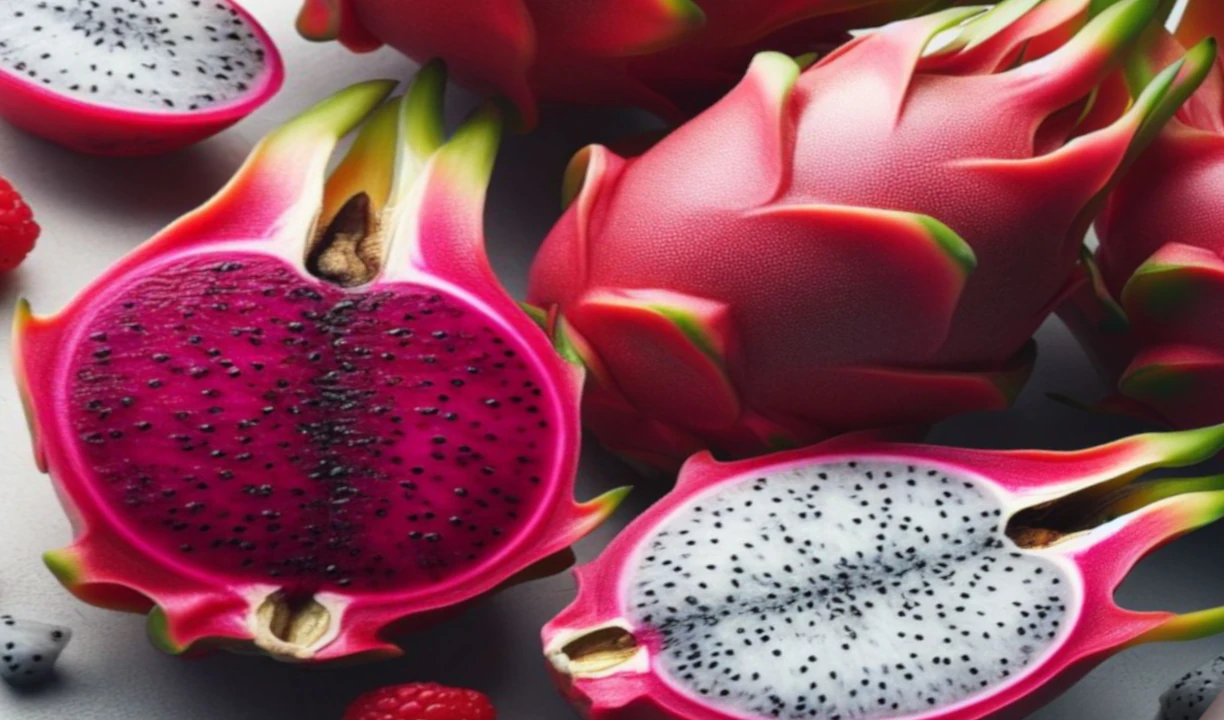
For example:
Eating a balanced and nutritious diet that supports your immune system and reduces inflammation.
This means consuming plenty of fruits, vegetables, whole grains, lean protein, and healthy fats, and avoiding processed foods, added sugars, alcohol, and caffeine.
Drinking enough water to keep yourself hydrated and remove toxins from your body.
Water can also help prevent dryness and irritation of the skin and mucous membranes, which can result in fewer outbreaks.
Consider taking l-lysine supplements, which can help prevent herpes outbreaks and stop a cold sore before it emerges by limiting the availability of arginine for the virus, which it requires to produce a cold sore.
Other food supplements, such as vitamin C, zinc, selenium, and antioxidants, can help you boost your immunity and protect your cells from oxidative stress.
Your immune system can be weakened and inflammation can be increased by foods that can cause allergic reactions or sensitivities, such as gluten, dairy, nuts, eggs, or shellfish. Avoid these foods to avoid outbreaks.
Check more food information
